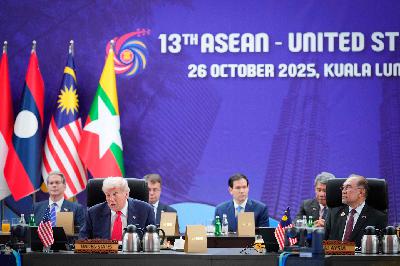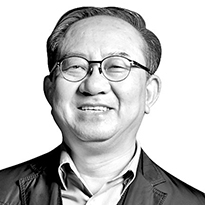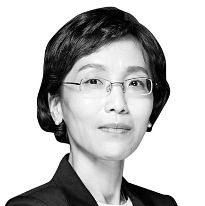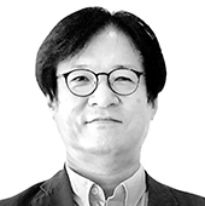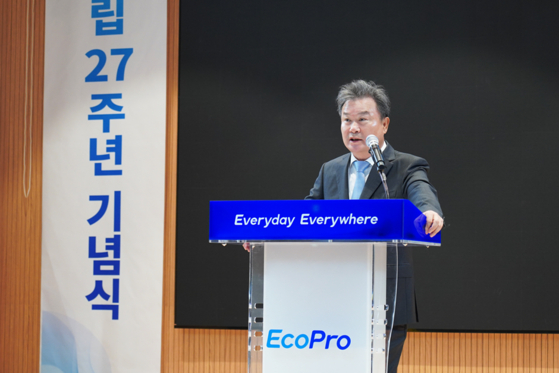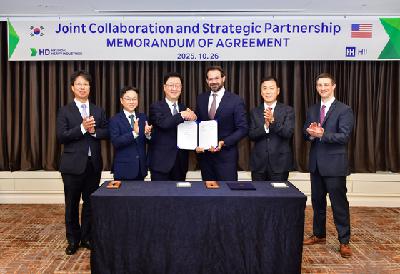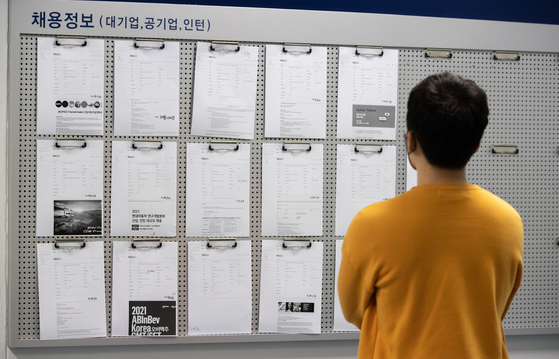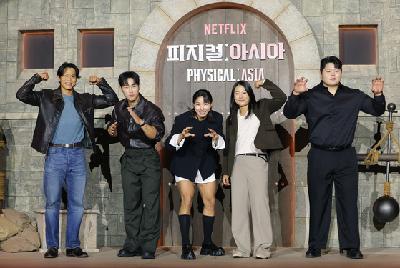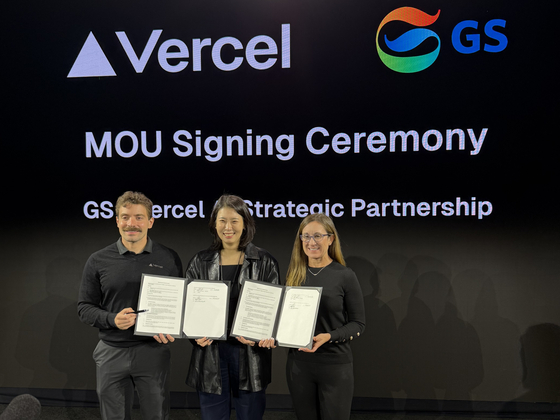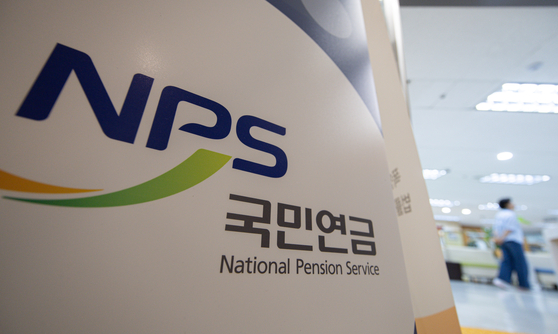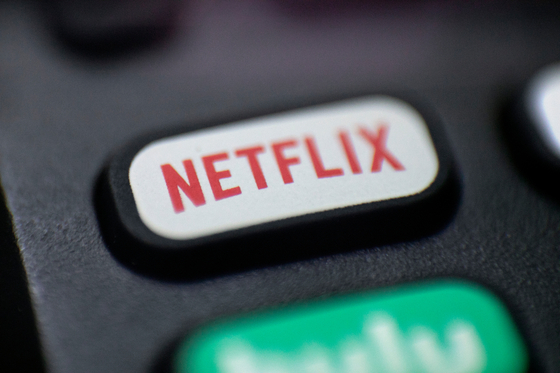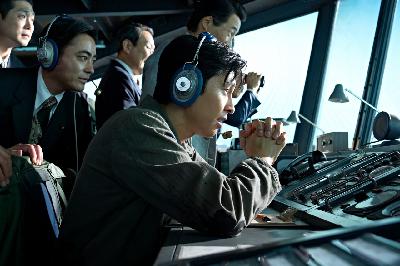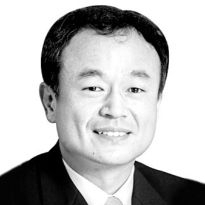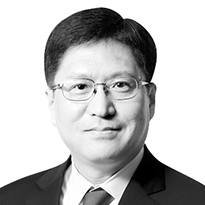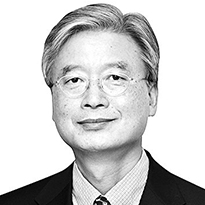Trump’s visit to Korea must not mean recognition of North Korea's nuclear status
Update: 2025-10-26
Description
U.S. President Donald Trump has once again made remarks suggesting de facto recognition of North Korea's nuclear weapons. Speaking aboard Air Force One on Oct. 24 (local time) en route to Asia, Trump said, "I consider North Korea a kind of nuclear power." He was responding to a reporter's question about whether he was open to dialogue if Pyongyang demanded to be treated as a nuclear-armed state. Trump also repeated that he maintains a "personal and good relationship" with North Korean leader Kim Jong-un.
The official U.S. stance remains complete denuclearization of the Korean Peninsula. Trump's latest comment, therefore, appears aimed at drawing Kim to an unannounced meeting during his planned two-day visit to Korea starting Oct. 29. He added, "If Kim Jong-un wants to meet, I'm open to it."
The concern is that Trump's personal calculations could steer policy toward tacit recognition of North Korea's nuclear status. Kim declared during the Supreme People's Assembly last month that if "the United States abandons its obsession with denuclearization and accepts reality, there will be no reason we cannot face each other." In other words, a U.S. acknowledgment of the North's nuclear program could reopen summit diplomacy. Pyongyang may interpret Trump's "nuclear power" remark as a sign that its long-standing demand is being met.
Trump, who often highlights his role in resolving international conflicts, could try to use the North Korean issue to bolster his legacy - and perhaps his pursuit of the Nobel Peace Prize. If his upcoming visit leads to a surprise meeting and North Korea's return to dialogue, that would be a positive step in and of itself. But if the price is Washington's implicit acceptance of Pyongyang's nuclear arsenal, the Korean Peninsula would once again face the shadow of a nuclear threat. The risk of a "nuclear domino" spreading across Northeast Asia cannot be ruled out.
Trump's personal ambitions must not come at the expense of international security or regional nuclear stability. Any dialogue between Washington and Pyongyang must begin from the principle of complete denuclearization. The Korean government must clearly convey this concern to Washington and ensure that there is no repeat of "Korea passing," in which Seoul is sidelined in U.S.-North Korea contact.
President Lee Jae Myung is scheduled to hold his second summit with Trump on Oct. 29, with trade negotiations and revisions to the bilateral nuclear cooperation agreement high on the agenda. The two leaders must also address the North Korean nuclear issue as a core security priority. Building on stronger alliance coordination, President Lee's upcoming summit with Trump should explore how the United States can take the lead as a "peacemaker" while Korea supports that role as a "pace maker." The government must use the remaining days to prepare thoroughly and turn the summit into a milestone for strengthening the alliance.
This article was originally written in Korean and translated by a bilingual reporter with the help of generative AI tools. It was then edited by a native English-speaking editor. All AI-assisted translations are reviewed and refined by our newsroom.
Comments
In Channel

